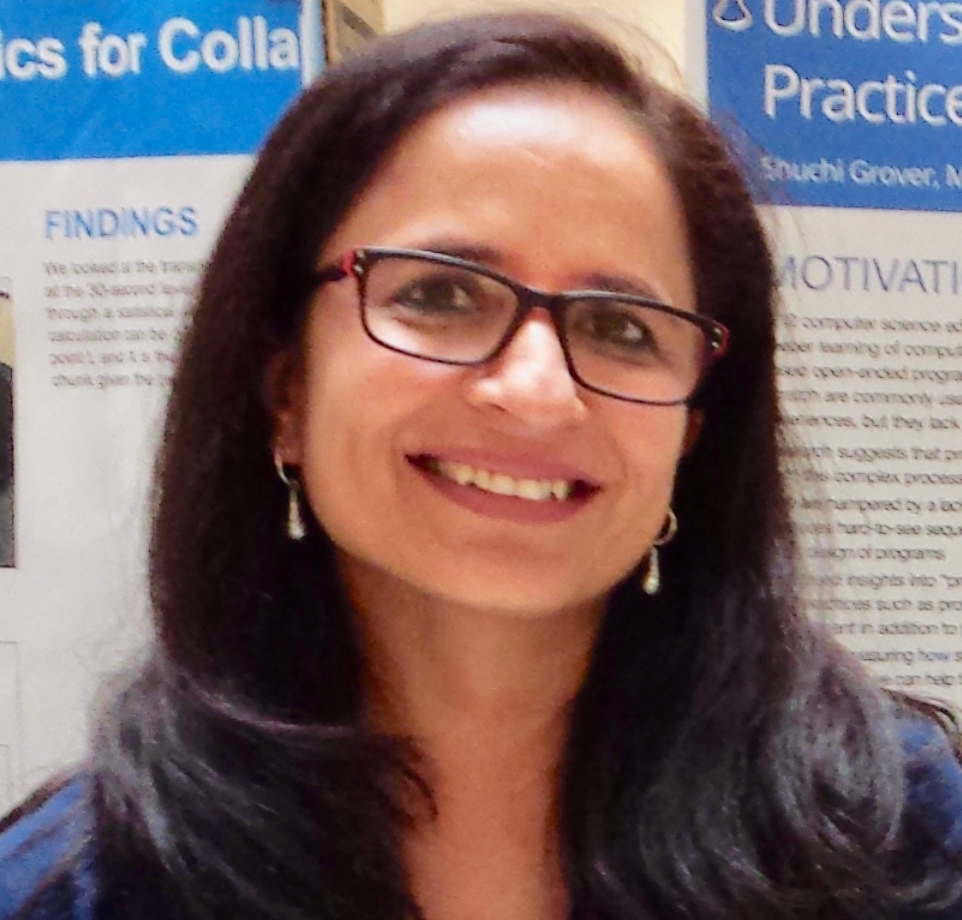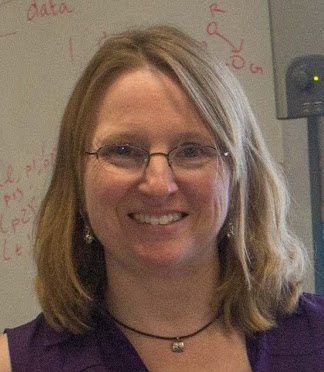Cited By
View all- Ali RElkot M(2024)Empowering Educators Integrating Computational Thinking, AI, and STEMEmpowering STEM Educators With Digital Tools10.4018/979-8-3693-9806-7.ch002(29-58)Online publication date: 1-Nov-2024
- Liu YSoh LTrainin GNugent GSmith W(2024)Investigating relationships of sentiments, emotions, and performance in professional development K-12 CS teachersComputer Science Education10.1080/08993408.2023.2298162(1-32)Online publication date: 16-Jan-2024
- Κανάκη ΚΚαλογιαννάκης Μ(2023)Έλεγχος Συσχέτισης της Αλγοριθμικής Σκέψης με την Ηλικία των Μαθητών/τριών Πρώτης Σχολικής Ηλικίας, στα Πλαίσια του Μαθήματος της Μελέτης ΠεριβάλλοντοςΈρευνα για την Εκπαίδευση στις Φυσικές Επιστήμες και την Τεχνολογία10.12681/riste.344773:2(69-98)Online publication date: 29-Dec-2023
- Show More Cited By




